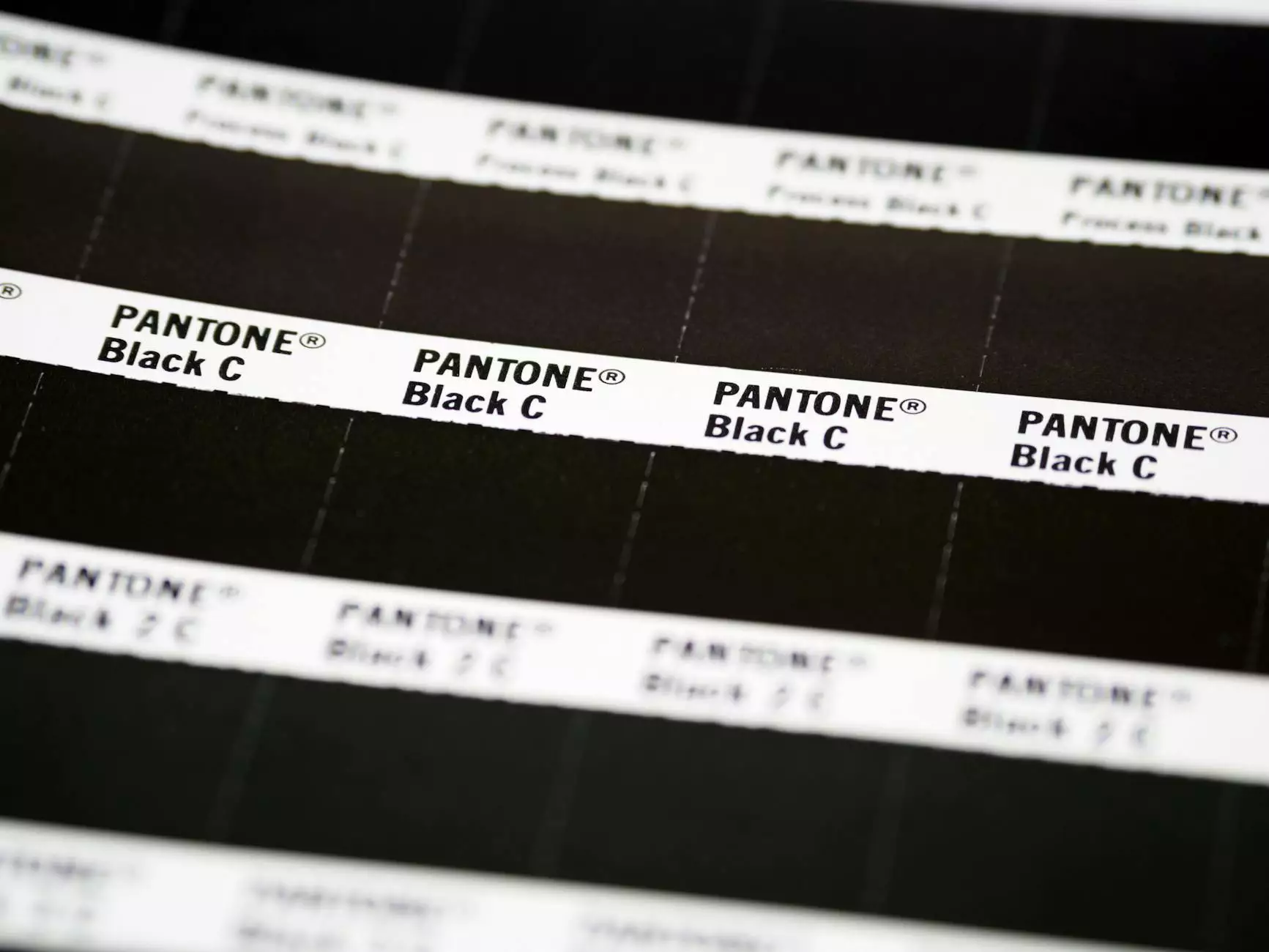ICF Homes Plans: The Future of Sustainable Housing Design

In today's rapidly evolving construction landscape, Insulated Concrete Forms (ICF) have emerged as a game-changing solution for creating durable, energy-efficient homes. With their unique design and structural properties, ICF homes are not only resilient but also offer a versatile canvas for innovative and stylish interior designs. In this extensive guide, we will delve into the many aspects of ICF homes plans, looking at their benefits, design considerations, and frequently overlooked features.
What are ICF Homes?
ICF homes are constructed using Insulated Concrete Forms, which consist of expanded polystyrene (EPS) foam blocks that are stacked to form the walls of a building. The blocks are then filled with concrete, creating a sturdy and insulated structure. This construction method has gained popularity due to several advantages that traditional building methods lack.
Key Features of ICF Homes
- Energy Efficiency: ICF homes are highly energy-efficient due to their insulation capabilities, significantly reducing heating and cooling costs.
- Durability: The concrete core provides strength and resilience against extreme weather conditions, pests, and fire.
- Soundproofing: The dense structure of ICF offers excellent sound insulation, making them ideal for urban environments.
- Design Flexibility: ICF systems allow for various architectural designs without compromising on structural integrity.
Advantages of ICF Homes Plans
When considering building a new home, the advantages of utilizing ICF homes plans can be compelling:
1. Energy Efficiency and Sustainability
Energy efficiency is paramount in modern home design. ICF homes excel in this area due to their:
- High Insulation Values: ICF systems provide superior insulation, with R-values typically ranging from R-20 to R-30 or higher, depending on the thickness of the walls.
- Reduced Energy Costs: Homeowners can expect significantly lower energy bills, which can translate to substantial savings over time.
- Eco-Friendly Materials: The materials used in ICF construction are often more environmentally friendly than those used in traditional building methods.
2. Safety and Resilience
ICF homes stand out for their ability to withstand extreme conditions. Key factors include:
- Natural Disaster Resistance: ICF structures can handle hurricanes, tornadoes, and earthquakes better than conventional homes.
- Pest Resistance: The concrete and foam structure is unattractive to pests, providing a healthier living environment.
- Fire Resistance: ICF homes can offer significant fire resistance due to the fire-retardant properties of concrete.
3. Architectural Versatility
The design possibilities with ICF homes plans are virtually limitless. Some design benefits include:
- Curved Walls: ICF blocks can be used to create sweeping curves and unique architectural features.
- Open Floor Plans: The inherent strength of ICF walls allows for open-concept designs without compromising structural integrity.
- Customizable Designs: Homeowners can choose finishes and layouts that reflect their personal style and needs.
ICF Homes Plans: Design Considerations
When drafting ICF homes plans, several key design considerations must be taken into account:
1. Wall Thickness
The thickness of the ICF walls can significantly impact both insulation and structural performance. Typically, the wall thickness will range from 6 inches to 12 inches, depending on climate and design requirements.
2. Interior Finishes
Due to the robust nature of ICF construction, interior finishes can vary widely. Some popular options include:
- Drywall: Traditional drywall can easily be installed over ICF walls for a clean finish.
- Paneling: Various types of paneling can be used to provide aesthetic appeal and functional benefits.
- Paint and Texture: An array of painting options can transform the interior space into a beautiful environment.
3. Natural Lighting
Incorporating large windows and skylights in ICF designs can provide natural light and enhance energy efficiency. Proper placement of windows may also improve wind resistance.
The Interior Design Potential of ICF Homes
One of the most exciting aspects of ICF homes is how they offer a blank slate for interior design creativity. As a business in interior design, Fry Design Co. recognizes the incredible potential that ICF homes provide in crafting beautiful and functional living spaces. Here’s how interior design can elevate ICF homes:
1. Open Concept Living
With the strength and durability of ICF, homeowners can embrace open concept living, which is increasingly favored in modern design. This layout enhances light flow and creates more spacious interiors.
2. Integrated Technology
ICF homes can seamlessly integrate smart home technology, which can control everything from lighting to climate. The robust insulation benefits energy management and enhances comfort.
3. Sustainable Materials
For the environmentally conscious buyer, utilizing sustainable materials in the interior design of ICF homes can align with an ecological mindset. Reclaimed wood, bamboo flooring, and low-VOC finishes are excellent choices.
Frequently Asked Questions About ICF Homes Plans
As interest in ICF homes plans grows, so do inquiries about their practicality and implementation. Here are some frequently asked questions:
What is the average cost of building an ICF home?
The costs can vary significantly based on location, size, and complexity of design. However, the initial investment is often offset by long-term energy savings and reduced maintenance costs.
Are ICF homes energy efficient?
Yes! ICF homes are known for their energy efficiency. The insulation provided by the ICF system results in minimal energy loss, allowing homeowners to save on heating and cooling expenses.
How do I find reliable ICF homes plans?
Working with an experienced architect or builder who specializes in ICF construction can help you find or create plans tailored to your specific needs and preferences.
Conclusion: The Bright Future of ICF Homes
In conclusion, ICF homes plans represent a revolutionary approach to sustainable, energy-efficient living. With unmatched durability, architectural flexibility, and extensive design potential, ICF homes are positioned at the forefront of modern construction. As homeowners increasingly prioritize energy savings and eco-conscious living, it’s clear that ICF homes are not just a trend—they are the future of residential design.
If you’re considering building a new home or renovating an existing one, exploring ICF homes plans could be your pathway to a more sustainable and stylish living experience. Collaborating with professionals at Fry Design Co. can help you realize your dream interior in an ICF home that reflects your personality and values.









